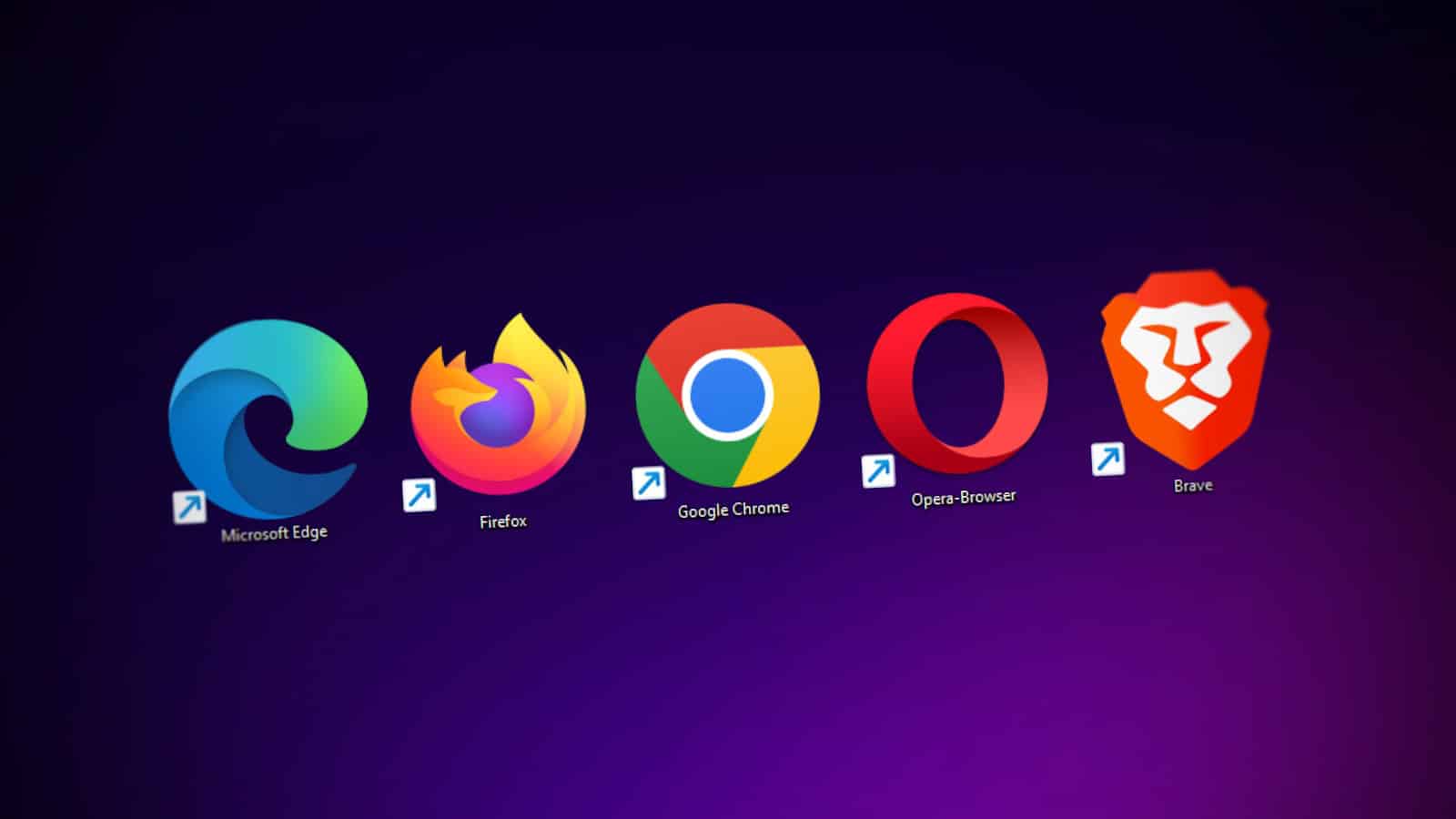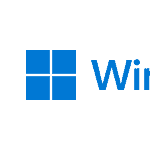Many people use Google Chrome, a fast and simple web browser. But if you want different features or more privacy, there are many other alternative web browsers to choose from. For example, Opera and Vivaldi have unique features. Opera has Tab Island to manage tabs, and Vivaldi lets you customize the browser. Another option is the Brave Browser, which focuses on user privacy with an ad blocker and data protection. Each browser offers a different browsing experience than Chrome.
Choosing the Right Browser for You
With numerous options available in 2024, choosing a web browser can be overwhelming. Let’s delve into some of the top competitors to Google Chrome:
Microsoft Edge
Microsoft’s offering has come a long way. Now built on Chromium (the same engine as Chrome), it boasts similar features and speed. Edge also excels in privacy protection, with options to block trackers and ads. Its unique “Collections” feature lets users easily gather and organize web content.
Mozilla Firefox

An old favorite, Firefox remains a strong contender. It prioritizes user privacy and offers robust customization options. Firefox boasts strong performance and is a great choice for those who value open-source software.
Brave
Brave is a privacy-focused browser that blocks ads and trackers by default. It also rewards users with its Basic Attention Tokens (BAT) for viewing privacy-respecting ads. This innovative approach is catching on quickly.
Opera
Opera brings a unique twist with integrated features like a free VPN, ad blocker, and battery saver. It also boasts a sleek design and innovative sidebar for easy access to tools and social media.
Safari
While exclusive to Apple devices, Safari offers seamless integration with the Apple ecosystem. It’s known for its speed, efficiency, and privacy features. If you’re an Apple user, Safari is a natural choice.
Feature Comparison
| Feature | Chrome | Edge | Firefox | Brave | Opera | Safari |
|---|---|---|---|---|---|---|
| Speed | ✅ | ✅ | ✅ | ✅ | ✅ | ✅ |
| Privacy | ❌ | ✅ | ✅ | ✅ | ✅ | ✅ |
| Customization | ❌ | ✅ | ✅ | ✅ | ✅ | ❌ |
| Unique Features | ❌ | ✅ | ❌ | ✅ | ✅ | ✅ |
Conclusion
The best Chrome alternative ultimately depends on your individual needs and preferences. Consider what features are most important to you, whether it’s privacy, speed, customization, or unique offerings. Try out a few different browsers to see which one suits you best.
Key Takeaways
- Users look beyond Chrome for features like enhanced privacy and customization.
- Browsers like Opera and Vivaldi offer specialized features for user convenience.
- Brave prioritizes user security with privacy-centric tools built into the browser.
Exploring Chrome Browser Alternatives
There are many web browsers that offer different features and benefits compared to Chrome. While Chrome is popular, exploring alternatives can lead to improved privacy, security, and unique functionalities catered to individual preferences.
Overview of Alternatives
Web browsers like Firefox and Safari have long been strong competitors to Chrome. More recent options such as Brave, Edge, and Opera innovate by focusing on user privacy and experience. Each one provides different benefits.
Privacy and Security Features
Brave stands out for its privacy features, including an integrated ad blocker and Brave Rewards. On the other hand, Tor is known for its focus on anonymity and provides access to the dark web through a complex relay system.
Performance and Customizability
Opera GX limits how much RAM and CPU a browser uses. Vivaldi and Firefox are known for their high levels of customization that allow users to tailor their browsing experience to their liking.
Ecosystem and Extensions
Chrome may have the largest extension library, but alternatives like Firefox and Edge provide robust extension ecosystems. Vivaldi supports Chrome extensions, offering users a vast array to choose from.
User Experience
Browsers like Safari and Edge offer a seamless experience across devices. Opera’s sidebar and Vivaldi’s mouse gestures enhance navigation, catering to users who value efficiency and peculiarities.
Monetization and Rewards
Brave Browser stands out with its Brave Rewards system, allowing users to earn BAT tokens for viewing ads. This model gives users a share of the revenue typically reserved for browsers and advertisers.
Privacy-Enhancing Technologies
DuckDuckGo, often used alongside privacy-focused browsers, does not track search history. Brave’s private browsing mode is complemented by Tor for deeper levels of privacy.
Open Source and Development
Firefox, developed by Mozilla, is an open-source browser that values transparency in development. Chromium-based browsers like Brave and Vivaldi benefit from the open-source Chromium project while offering unique features.
Compatibility and Cross-Platform Use
Web browsers today aim for wide compatibility. Chrome, Firefox, and others are available on platforms like Windows, Mac, iOS, and Android, ensuring users can carry their browsing experience across different devices.
Novel Features and Innovations
Vivaldi and Opera introduce unique features like mouse gestures and CPU limiters. These innovations respond to the specific needs and desires of different user groups, setting them apart from Chrome.
Market Alternatives and User Adoption
Google Chrome still leads in market share, but browsers like Firefox and Brave are growing in popularity as users look for more privacy controls and different functionalities.
Ethical Considerations and Future Outlook
The future of web browsers may be shaped further by the push for ethical data practices, AI integrations, and user-centric features. Newer browsers focus on ethical considerations, setting a trend for what users may expect.







